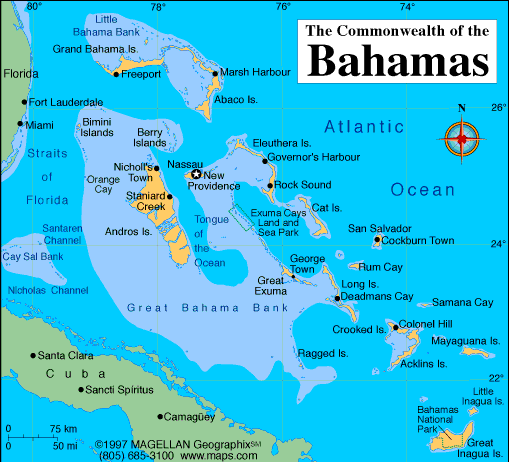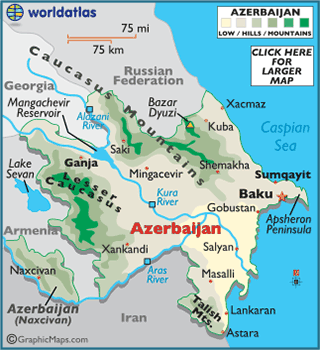The Far Side of the Sun
by Kate Furnivall
What I enjoyed most about Kate Furnivall's novel, The Far Side of the Sun, was the historical background it offered on the island nation of The Bahamas, a country most of us think of only as a vacation spot but which has its own proud heritage. Set in the 1940's, just as the world is on the brink of World War II, The Bahamas is on its own brink ... of independence as the native Bahamians begin to stand up against colonial rule and push back against laws and politics that keep the scales tilted in favor of the Brits who have come to think of the island as their own. Dodie, an orphaned young woman who feels more Bahamian than British, and Ella, the intelligent but bored wife of a prestigious diplomat, cross paths when Dodie helps a mysterious, dying man upon whom she stumbles in a dark alleyway. Her kindness is rewarded by her formerly peaceful life becoming fraught with danger and political intrigue. When she crosses paths with Ella, whose secrets are well hidden behind her role as proper diplomatic wife, they spin together towards violence and the discovery of greed and deceit that tarnishes what they believe to be true of their lovely island home.
This is the third Kate Furnivall book I've read. I loved her first novel, The Russian Concubine, but couldn't get through The Red Scarf and struggled with this one. I don't think I'll read any of her others. It's made me think about how I have an affinity for debut novels. I wonder if it's because a first novel is likely the product of many years of creative thinking and daydreaming, careful planning, stretching and growing, and capitalizing on all of the writer's own human experience, channeled into the final product that is that very first published novel. Those that come after, more often than not, are written and published faster, this time with the writer capitalizing on his or her previous success. That makes for an altogether different sort of equation, doesn't it? That's not to say, of course, that writers don't ever produce high quality second, third, fourth (and so on) novels. But there is something I love about reading that first masterpiece.
There are a few literary prizes out there specifically for debut novels. Two of my favorites are:
PEN/Heminway Award - I haven't read the 2015 award-winner, Elegy on Kinderklavier, by Arna Bontemps Hemenway, but the 2014 prize went to one of favorites, We Need New Names, by NoViolet Bulawayo.
The Center for Fiction - The 2015 winner was Land of Love and Drowning, by Tiphanie Yanique - this one has been on my "to be read" list for a while - might have to bump it up to the top! Fourth of July Creek, by Smith Henderson, which I devoured and loved, made the shortlist, as did The Invention of Exile, by Vanessa Manko, which is on my bookshelf.
So after reading this book, I have decided that I that I need to amp up the quality of the books I'm selecting. I know this blog doesn't have a large number of followers, and that's okay because I'm really writing this for myself and not because I have aspirations for making it big in the blogosphere. But those of you who are reading along, I truly would be grateful for your help in finding books to read, especially for the smaller countries where there isn't much in the literary mainstream. I'm keeping a master list of suggestions, so please feel free to send me a suggestion for a country that's way down the alphabetical order. You can post here in the blog's comment box, or you can email me at theworldbybook@gmail.com. Thanks in advance, and happy reading!




